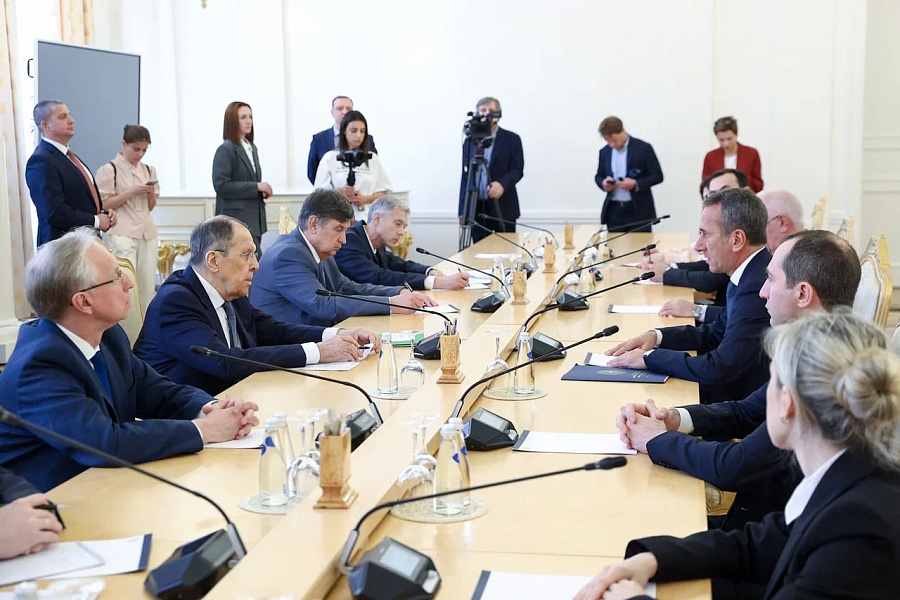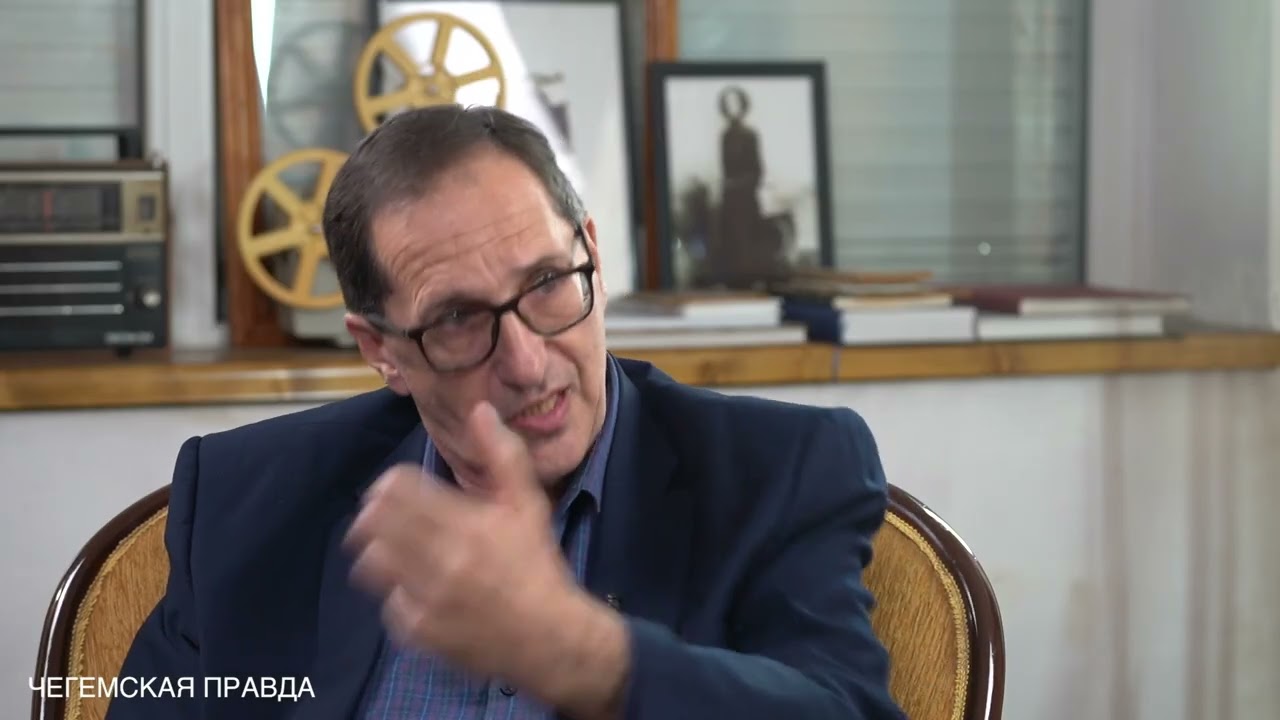Abkhazia’s recurring political crises
In Abkhazia, a confrontation between the authorities and the opposition over a Russian investment agreement has culminated in the ousting of President Aslan Bzhania. During today’s parliamentary session, 28 out of 31 deputies present voted for his resignation. The republic is now set to prepare for early presidential elections.
This marks the third consecutive change of power in Abkhazia through a relatively peaceful coup. Inal Khashig, editor of JAMnews in Abkhazia, examines why this cycle repeats so often and with the same outcome.
Inal Khashig:
Another Abkhazian revolution has once again ended successfully.
The classic scenario unfolded seamlessly: dissatisfied citizens peacefully seized the presidential palace, prompting a president who had lost touch with reality to resign in a forced-yet-voluntary manner.
This marks the third consecutive president ousted through such radical expressions of no-confidence by the public.
The current revolution has several leaders, so it’s unclear who will become the next head of Abkhazia. However, I am confident that unless the very institution of the presidency is rethought, the next president will face the same fate as their predecessors. The problem lies not with each new president but with the president’s unlimited powers.
This system was created 20 years ago for one specific person—Vladislav Ardzinba.
In 1994, after the end of the Georgian-Abkhaz war, the republic, with a completely devastated economy, was under total blockade and had a single goal—survival.
Moreover, there was still the threat of military retaliation from Georgia.
In such circumstances, there was no alternative to a strong presidential power, effectively granting the president the role of a dictator. At the time, President Vladislav Ardzinba was an undisputed authority for his people.
Back then, the presidency wasn’t about managing financial flows, befriending Russian oligarchs, or hosting daily banquets at restaurants. It was about survival.
The republic survived. Vladislav Ardzinba stepped down, and his powers were “inherited” by subsequent presidents who had little understanding of their role.
For the past 20 years, Abkhazian society has been calling for reforms. At the beginning of each president’s five-year term, constitutional commissions were formed with the aim of redistributing powers between the executive and legislative branches. Yet, these presidents, who came to power as reformers, left everything unchanged.
Power intoxicates, enriches, corrupts, and ultimately leads to tyranny. To finally break this vicious cycle, the system of governance itself must change. Presidential powers need to be redistributed so that the president no longer feels like an omnipotent and unaccountable monarch.
All political forces must reach an agreement now, before the next presidential elections take place. Otherwise, another revolution and the overthrow of yet another leader who has completely lost touch with reality will be inevitable.


